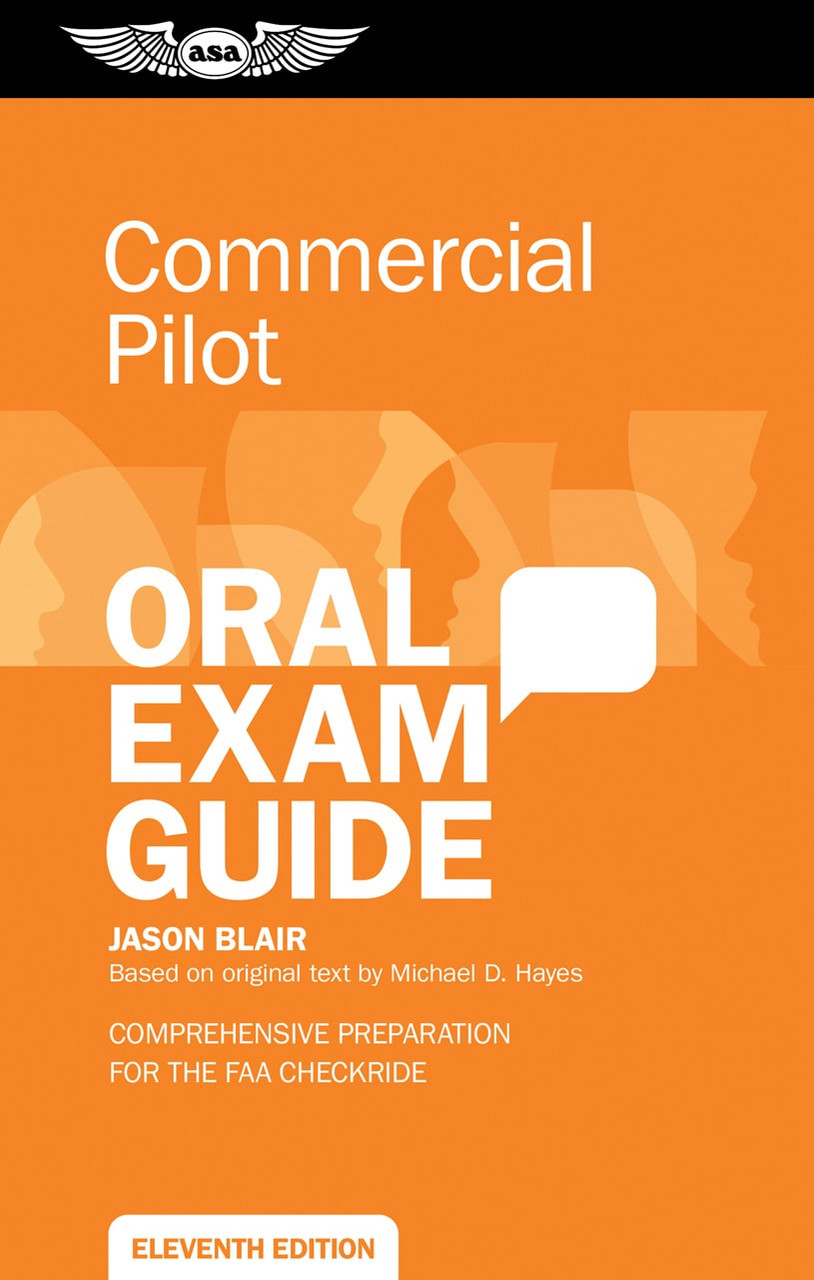 Commercial pilot certification is a process that requires pilots have specific and somewhat varied experience tasks completed to be eligible for the commercial pilot certificate. One of the requirements listed relates to night flying experience.
Commercial pilot certification is a process that requires pilots have specific and somewhat varied experience tasks completed to be eligible for the commercial pilot certificate. One of the requirements listed relates to night flying experience.
Specifically, a commercial pilot must have at least “5 hours in night VFR conditions with 10 takeoffs and 10 landings (with each landing involving a flight in the traffic pattern) at an airport with an operating control tower.” How this experience is designated is worth digging into more deeply as we consider a very specific application of part of the regulation that is commonly misunderstood.
14 CFR § 61.129 – Aeronautical experience indicates in part of the section that a pilot must complete:
“Ten hours of solo flight time in a single engine airplane or 10 hours of flight time performing the duties of pilot in command in a single engine airplane with an authorized instructor on board (either of which may be credited towards the flight time requirement under paragraph (a)(2) of this section), on the areas of operation listed under § 61.127(b)(1) that include—
(i) One cross-country flight of not less than 300 nautical miles total distance, with landings at a minimum of three points, one of which is a straight-line distance of at least 250 nautical miles from the original departure point. However, if this requirement is being met in Hawaii, the longest segment need only have a straight-line distance of at least 150 nautical miles; and
(ii) 5 hours in night VFR conditions with 10 takeoffs and 10 landings (with each landing involving a flight in the traffic pattern) at an airport with an operating control tower.”
I bolded three parts of this section of regulation to help us highlight how this might be relevant in a way not as commonly considered.
The intent of the regulatory text here is that a pilot seeking a commercial pilot certificate be able to fly on their own without the help of a flight instructor to complete some cross-country and night flying experience. But this clause is commonly used when pilots are seeking initial pilot commercial certification in multi-engine aircraft and for insurance reasons are unable to allow low-time students to solo the aircraft to meet these requirements. It allows for the pilot to “perform the duties of pilot in command” while an instructor rides along on the flight. While this might be the most common use of this clause, another might be equally valuable.
Imagine the case of a pilot who has a medical certificate with a night restriction due to color blindness. Such a pilot would not be able to solo an aircraft at night to meet the requirements. As such, without this clause, they would not be able to meet all the requirements of a commercial pilot certificate. This clause offers the ability for a pilot who finds themselves in such a scenario the option to complete their commercial pilot certificate by allowing a CFI to conduct the flight with them as the PIC while they “exercise the duties of pilot in command” to meet the night flight requirements.
While a pilot who finds themselves limited to not being able to fly at night due to a medical certificate restriction may not end up flying commercially as an airline pilot or a charter pilot, they certainly might choose to make use of a commercial pilot certificate to fly skydivers, give rides, tow banners or gliders, or even be a CFI. This unique clause is a small, infrequently used, but potentially very helpful option for a pilot who needs to complete the requirement.
This is a great option for CFIs to know about if they encounter a pilot who is restricted from flying at night and might need to make use of this niche application of the rules.
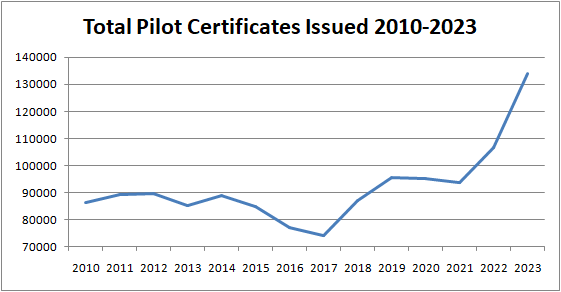
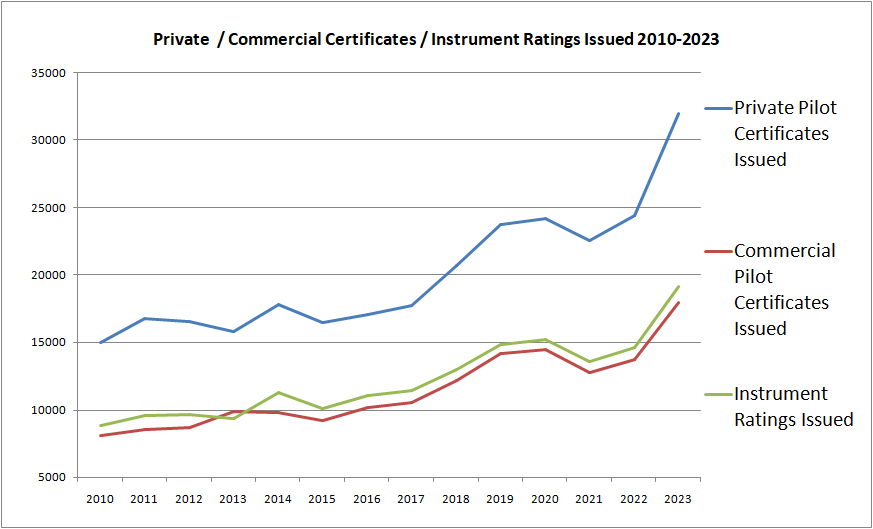
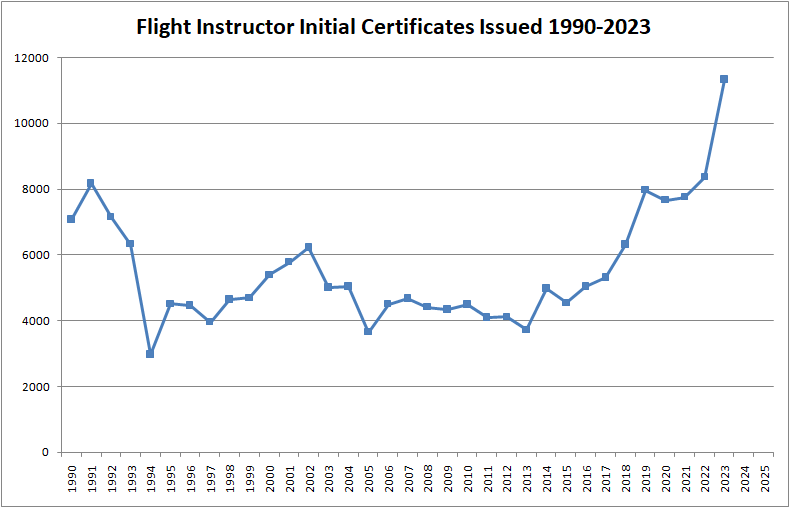

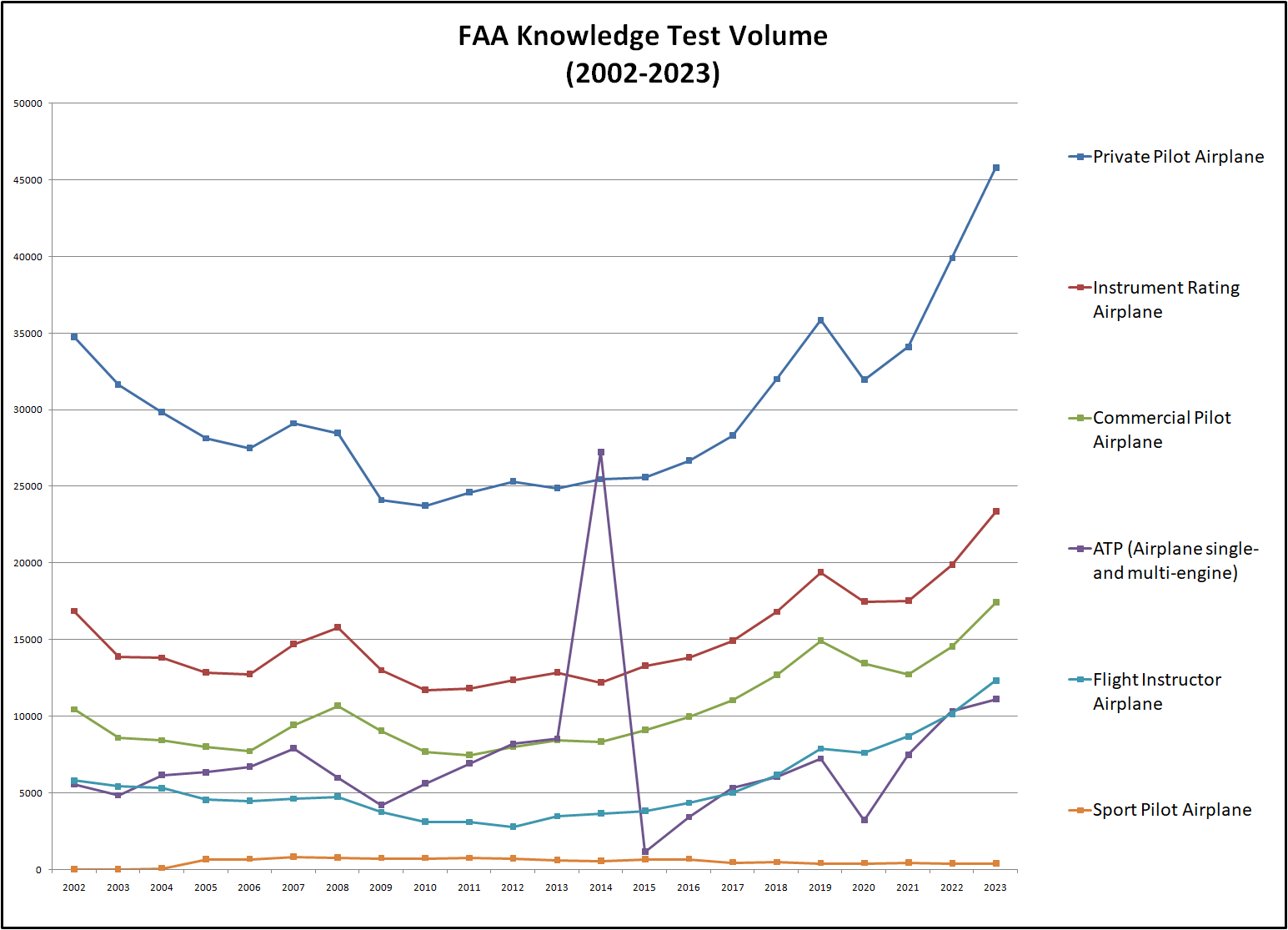
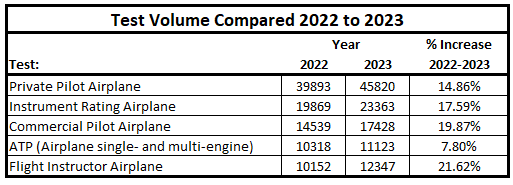
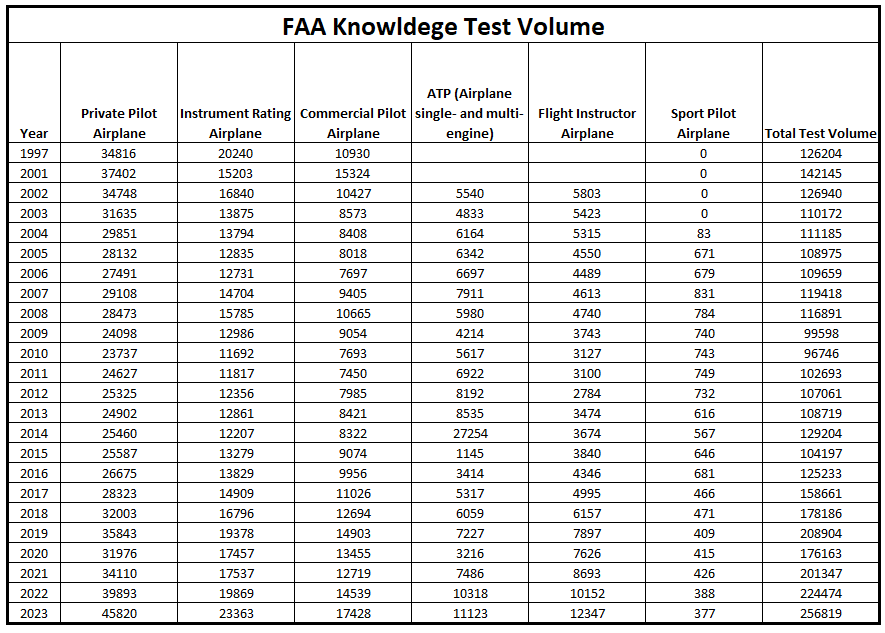
 Commercial pilot certification is a process that requires pilots have specific and somewhat varied experience tasks completed to be eligible for the commercial pilot certificate. One of the requirements listed relates to night flying experience.
Commercial pilot certification is a process that requires pilots have specific and somewhat varied experience tasks completed to be eligible for the commercial pilot certificate. One of the requirements listed relates to night flying experience.